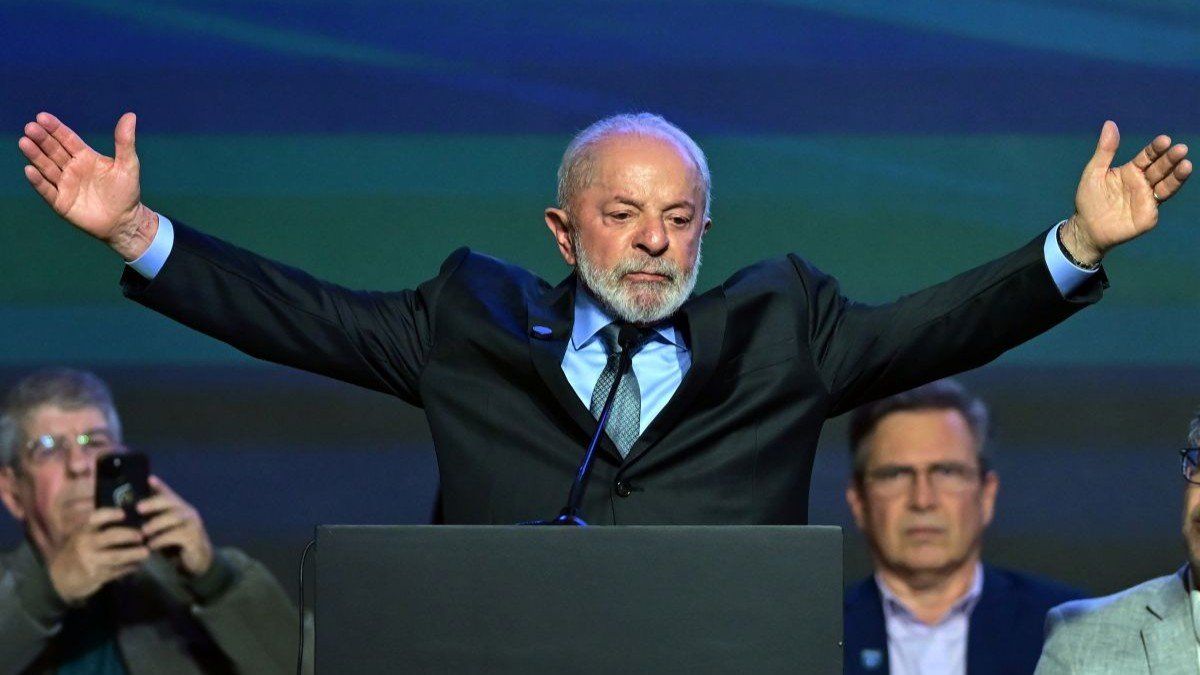Brazil’s Lula finds a recipe for left-wing LatAm success
Brazil is now subject to 50% tariffs from the United States, but President Luiz Inácio Lula da Silva appears to be reveling in it: his approval rating jumped another three percentage points in August, per Genial/Quaest polling, reaching 46%, up from 43% in July and 40% in May. It appears Lula’s positioning as a foil to US President Donald Trump – just see his recent interviews with internationaloutlets – is paying dividends. At a time when much of South America appears to be tilting right, the Brazilian leader may have found a recipe for keeping the left in power.
Escalation or ceasefire: what next for Gaza?
Israel reiterated Tuesday that it won’t accept a ceasefire until Hamas releases all 50 remaining hostages – 20 of whom are believed alive. This comes after Hamas officials said it had accepted a Gaza ceasefire deal, one that would return 28 of the hostages, including 10 of those who are living. Even if the truce does come to fruition, it won’t necessarily spell the end for war in the enclave: Israeli forces are ramping up activity as it prepares to invade Gaza City, calling up an extra 60,000 reservists which doubles the total number currently active.
India and China look to settle disputed border
As India-US relations worsen under Trump’s tariffs, New Delhi’s relationship with China is looking up. India and China
agreed this week to explore demarcating their disputed border, a move both sides hailed as a step toward easing decades of tensions. The decision came during Chinese Foreign Minister
Wang Yi’s first visit to Delhi in three years, ahead of Prime Minister
Narendra Modi’s expected trip to China for a regional summit. While the border remains fraught, both governments say progress could build trust and spill over into other cooperation, from trade to travel.
Next stop for Wang: Pakistan, India’s rival and China’s longtime ally, who would be miffed without a visit.
